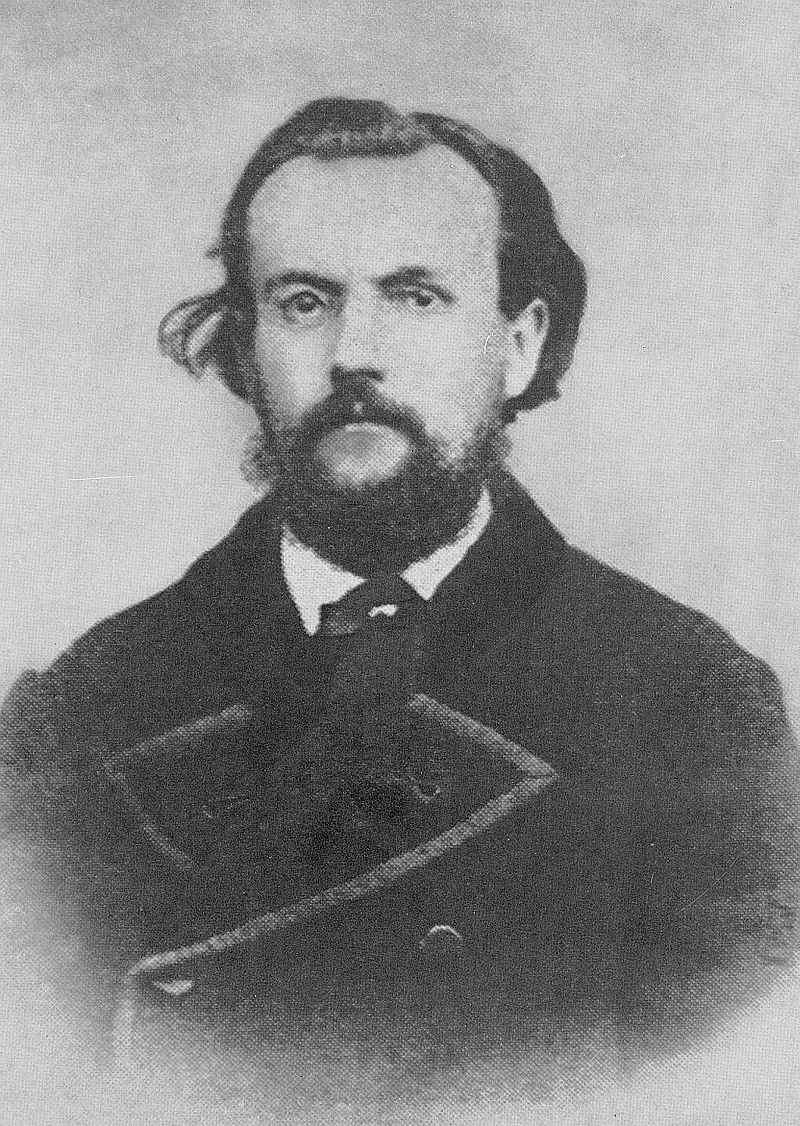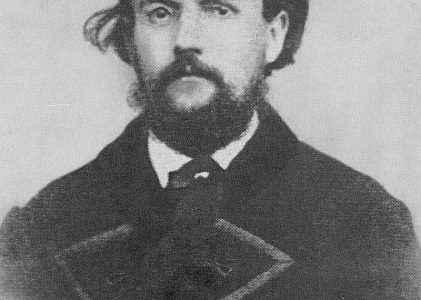Even the press that depended on the party always retained its independent status. This is fully in the nature of things, because all healthy parties will try to employ the best intellectual talent in their press. But such talents will never allow themselves to be brought into a state of dependence on other constituent bodies of the party that are not a match for them intellectually.
Agitation did indeed require the party’s administrative authority to be continuously active, but the appointment or dismissal of this body largely depended on the desires of complaints of the party comrades in the particular district, whereas the salaries of the agitators were determined by their abilities and needs. Each of them had the right to make a complaint to the Control Commission or to the subsequent party congress.
But the image that the press paints of our party organisation in its portrayal of Geib’s supposed activities amount to a true distortion of a genuinely democratic party. Something similar to this distortion existed for a while during the presidency of Herr von Schweitzer in the General German Workers’ Association (ADAV), and this was only possible because in the ADAV one single person, the President, possessed all authority; the monitoring of this authority was a sham and, in addition, the President held sway over the party press and the agitators (since he was, at the same time, the editor and controlled the party purse), and, finally, because he was also able to use all of these means to ‘pack’ the general assemblies. Even his seat on the party leadership was a constant one, because the President was obliged to occupy the position of Party Chair. So in this particular case, one single man could do, and be, everything that the press falsely claims that Geib was and did within the party.
Compare this to the organisation of the Socialist Workers’ Party of Germany. Our party leadership was elected by the congress insofar as the membership was entrusted with this task of electing the officials[1] This leadership was composed of 5 committee members with equal rights and was overseen by an effective monitoring process. Alongside this was the main party publication, the editors of which were elected by the party congress, were independently active in another area of work and who were able to oppose all abuses in the strongest terms and at any point. Alongside this publication, the independent socialist papers emerged with the backing of the membership. All of this created a situation where order existed alongside the greatest amount of freedom.
This situation made it possible for the voice of the common party member to be heard by the public as well, for every germ of disease to be eliminated in the process of its development, for both the most outstanding and most modest party member to be held under the spell of a discipline demanded by the cause itself, not by a dictator – a discipline that flowed from a general feeling of solidarity.
It was only as a truly democratic formation of this kind that the party could grow into what it has become today. Only in such an organisation of free order and ordered freedom could the party defy the blows of the reaction. Having been knocked to the floor by these blows ten times over, each time our party, after drawing new strength from the mother earth, rises again like the giant Antaeus, to become an even more fearful sight in the eyes of the powerful of this earth.
[1] This mode of election was customary for the Control Commission and the Control Board; the Congress elected the actual leadership directly.


